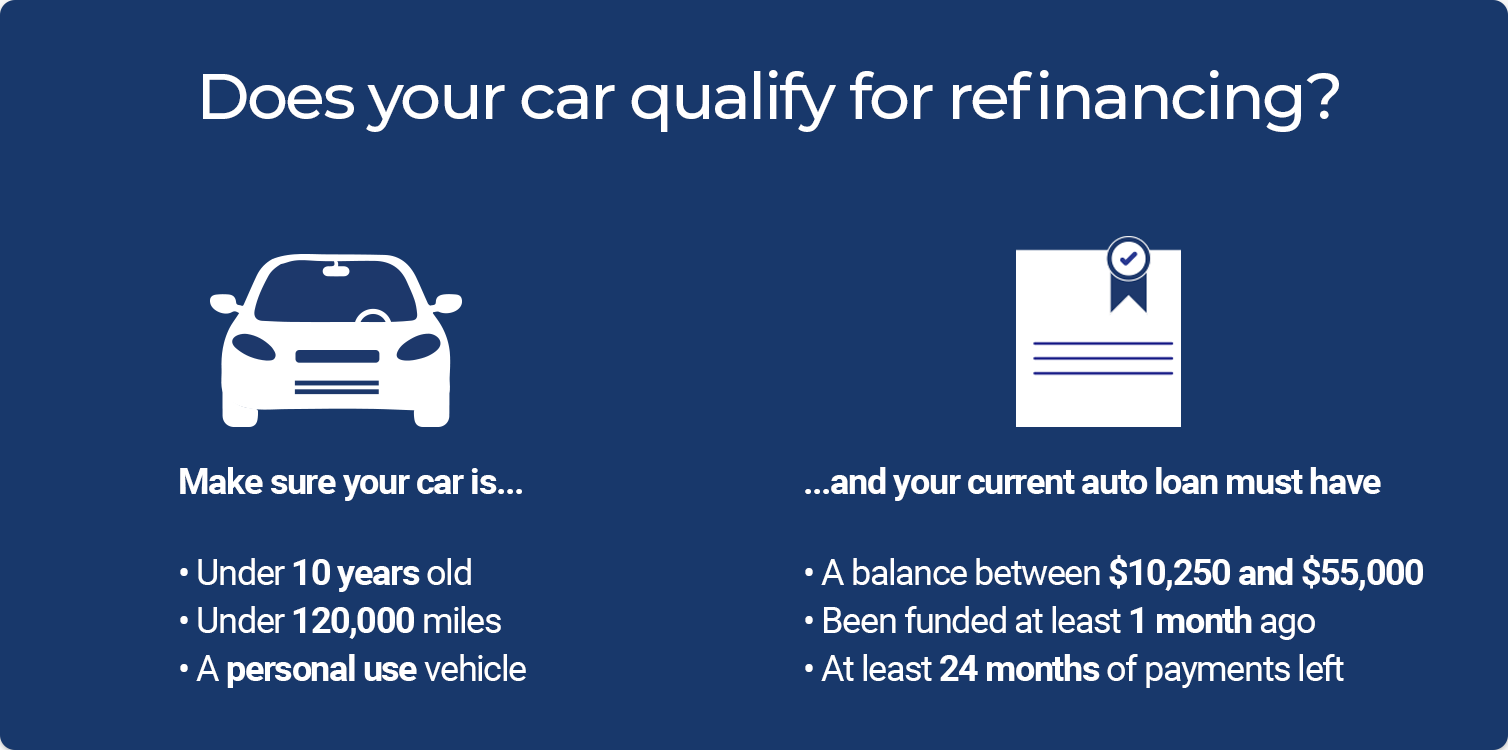Can I Get My Name Off a Car Loan?
;)

If you’re a co-borrower or cosigner on a car loan, you may be able to get out of it.
At one point in time, you thought it was a good idea to become a co-borrower or cosigner on a car loan. Maybe you did a favor for a loved one with bad credit. Or perhaps you needed your former spouse’s income to meet certain requirements. Now, however, your circumstances have changed and you’re ready to get out of the car loan. Here’s a closer look at how you can do just that.
Cosigner vs. Co-Borrower
Before we discuss the various ways you may be able to get out of the car loan, let’s go over the difference between a cosigner and co-borrower.
If you’re a cosigner, you use your own credit to help someone else (usually a family member) qualify for a car loan. Only the primary borrower (the person you cosigned for) is responsible for the monthly payments.
If you’re a co-borrower, you apply for a joint loan with another person. You’re both responsible for the monthly loan payments. Even if you’re each able to qualify for a car loan on your own, co-borrowing may help you land a good discount.
How Can a Cosigner Get Their Name Off a Car Loan?
If you’ve cosigned a car loan, there are three options that can help you get your name off it including:
Cosigner Release
A cosigner release is one of the quickest ways to get your name off a car loan as a co-signer. Here’s how it works: After the primary borrower makes a certain number of timely payments, the lender can remove you from the loan. If you’re unsure of whether you have a release option, review your loan documents and consult your lender.
Pay Off the Loan
Another way to get your name off a car loan is to pay it off. You can do this if you have some extra money from a bonus, tax refund, or another windfall at your disposal. If you don’t have the funds to pay off your loan, however, you may want to sell your car and use the proceeds to do so.
Refinance the Loan
Lastly, you can refinance a car loan in your own name and take full responsibility for the vehicle and car payments. By refinancing, you may be able to lock down a lower interest rate and better terms than you had in the past. If your finances have improved since you applied for the loan originally, refinancing may be a particularly smart move.
While you don’t need your cosigner to refinance, you should let them know that you plan to remove them from the loan. This way they won’t be confused if they notice the closed account on their credit reports. Keeping them in the loop can also help you maintain a healthy relationship with them.
How Can a Co-Borrower Get Their Name Off a Car Loan?
If you’re a co-borrower on a car loan, there are two ways you may be able to get your name off it.
Option 1: Sell the Car
You can sell the car and be done with the loan for good. If you have the time and don’t mind looking for a potential buyer in the car buying process, you may want to sell it to a private party. This way you can get more money for your vehicle. While selling your car to a dealership will be faster and easier, you’ll get less cash for it.
Remember that you and the other borrower share equal responsibility for the loan and own the car. For this reason, don’t sell the vehicle until the other borrower gives you consent and confirms they no longer need or want it. Also, make sure that you have positive equity as it doesn’t make sense to sell a car if you’re upside down on it.
Option 2: Refinance the Loan
If you’re a co-borrower and wish to keep the car, the ideal way to get your name off a car loan is through refinancing. If you decide to refinance in your own name, make sure that you can afford the payments on your own. You don’t want to refinance the loan and later realize that you’re unable to cover its cost.
Also, ask the co-borrower for their approval. Remember you are both legally responsible for the car so you can’t make the decision to refinance unless they agree with it. If they won’t cooperate, you can’t do much other than seek legal advice.
How Do You Qualify for Auto Loan Refinancing?
To refinance a car loan, you’ll likely need a good credit score and a steady income that shows you can afford your payments. The good news is there are many lenders with varying requirements. Some may consider your application for refinancing, even if you have less than stellar credit score. This is particularly true if you can show that you have the income to repay the loan.
Your credit and income are only one part of your auto refinance application. Your vehicle will also need to qualify for refinancing. This is because this is a secured loan, meaning your car is the collateral that covers the loan amount in the event that a borrower stops making payments on the loan (i.e. they can repossess the vehicle and recoup their loss).
If your car is older than 12 model years and has high mileage, it may be difficult to find a lender that will refinance. Below are the general requirements for vehicles, though this will vary from lender to lender.

Finally, you’ll need to figure out what your loan-to-value ratio is. Your LTV is a comparison of your auto loan balance to your car’s value.
Car (LTV) Loan-to-Value Calculator
Lenders typically have a maximum LTV of 125%. If your LTV is too high — and you owe a lot more on your loan than the car is worth — lenders may ask for a down payment so that your LTV meets their requirements.
What to Do If You Don’t Qualify for Refinancing
If you can’t get approved for refinancing, you may want to improve your credit history. To do so, pay your bills on time, keep your credit card balances low, and become better at debt management. You can also try a service like Experian Boost to improve your score instantly.
Also, check your credit report on a regular basis and dispute any errors or inaccuracies. Once your credit rating is in a good spot, you can reapply for refinancing and hopefully obtain a new loan in your own name.
Do I Need to Update the Title If I Remove Myself From a Car Loan?
In most cases, both borrowers are listed on the car title. If the title states your names as well as an “or” between them, you’re in luck. In this case, you’ll be able to update the title yourself. However, if there’s an “and” in between your names, you’ll both need to visit your state’s Department of Motor Vehicles (DMV) to retitle the car in one name.
You Don’t Have to Keep Your Name on a Car Loan Forever
Sometimes circumstances change and it no longer makes sense for your name to be on the car loan. Ideally, the other person on the loan is cooperative and will make it easy for you to get your name off. If not, be persistent and don’t give up.
Explain why you no longer want your name there and eventually they may work with you. Also, be careful the next time you decide to co-sign or become a co-borrower on an auto loan. You may want to create a written exit plan that everyone signs. This way you can avoid any type of conflicts and find it easier to remove your loan in the future.




















